
PHYSICAL INTERVENTION TRAINING
PMVA Breakaway Training course. For £8o only!
Learn breakaway techniques in PMVA designed to safely disengage from physical altercations or aggressive encounters while minimizing the risk of harm to both the individual and the caregiver.

3-day PMVA Training & PMVA Refresher Courses
OBSERVATION & ENGAGEMENT COURSE
HIGHLY RATED BY ALL OUR STUDENTS AND GRADUATES

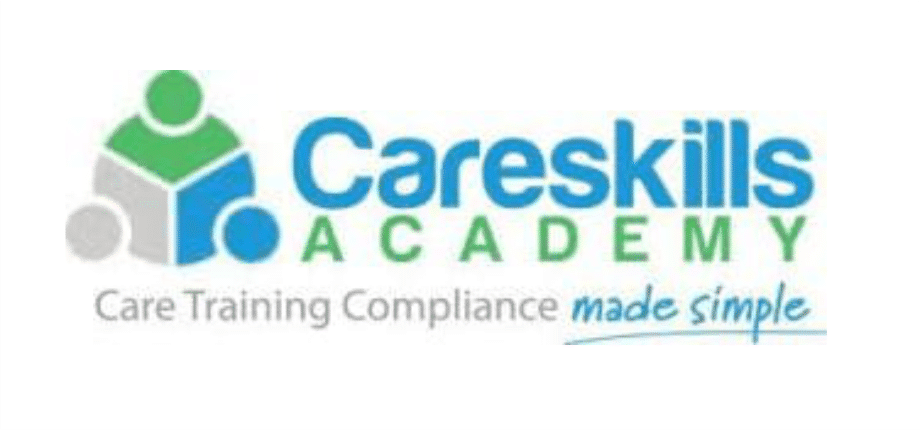
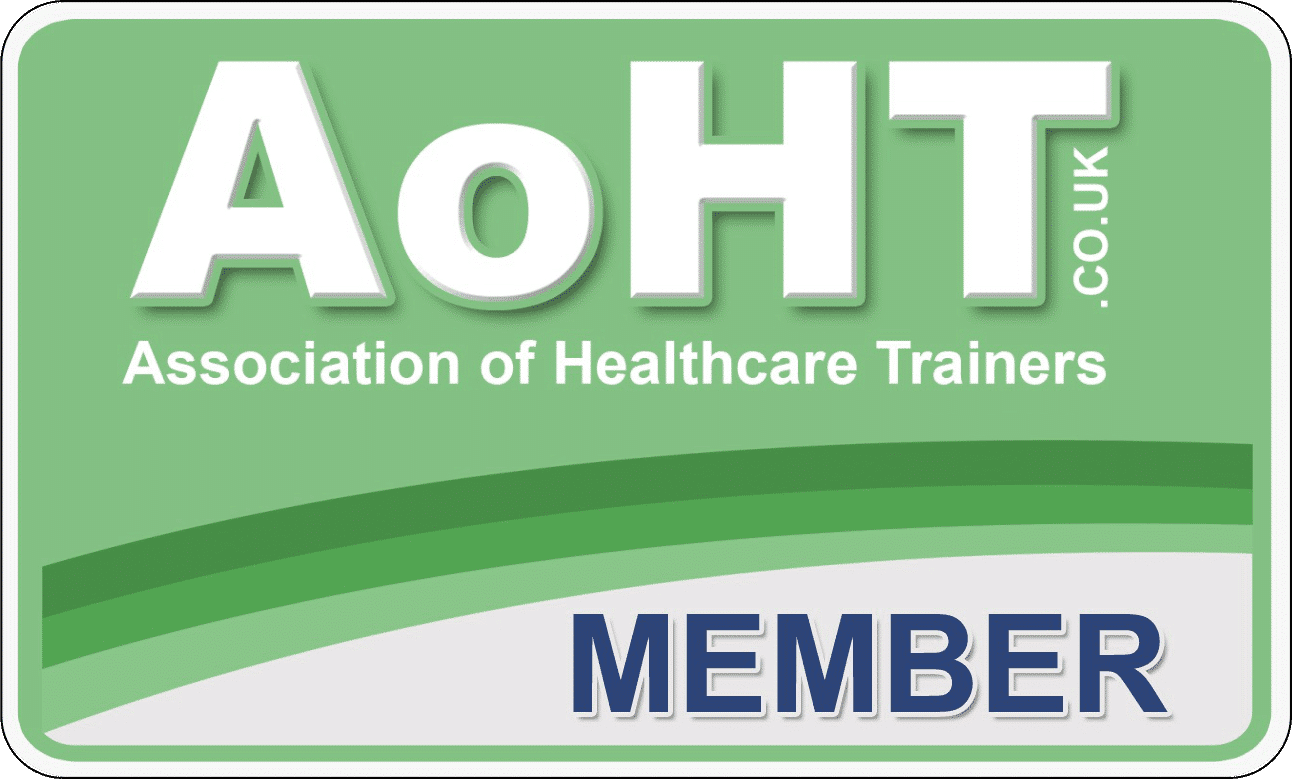
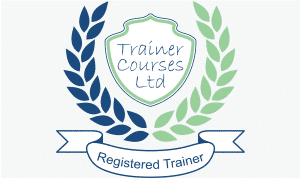
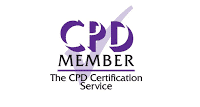
PMVA BREAKAWAY COURSE OUTLINE
CENTRAL LONDON: Training Centre: 10 Godliman Street, London, EC4V 5AJ, United Kingdom
WATFORD Training Centre: Leonardo hotels Watford, Clarendon Rd, WD17 1JA, United Kingdom.
Before employing breakaway techniques, it's crucial to assess the situation and be aware of potential triggers or warning signs of aggression. This allows caregivers to intervene early and prevent escalation whenever possible.
Breakaway techniques often start with maintaining a safe distance from the individual exhibiting aggressive behavior. This can involve using verbal communication, body language, and environmental factors to create space and avoid physical confrontation.
If verbal de-escalation fails and the individual becomes physically aggressive, caregivers may attempt redirection techniques. This involves redirecting the individual's attention or energy away from the source of their aggression using verbal cues or gentle physical guidance.
If the individual attempts to physically engage with the caregiver, techniques such as blocking and deflection can be employed to protect oneself while minimizing harm to the individual. This may include using arms or hands to deflect strikes or create barriers between the individual and the caregiver.
Breakaway techniques often emphasize controlled movement to create distance and evade physical contact without escalating the situation. Caregivers are trained to move calmly and purposefully, avoiding sudden or erratic movements that may provoke further aggression.
Once a safe distance is established, caregivers should disengage from the situation and seek assistance if necessary. This may involve calmly exiting the area or calling for help from colleagues or security personnel.
After a breakaway incident, caregivers should document the details of the encounter, including what led to the aggression, the techniques used to de-escalate or disengage, and any injuries sustained. This information is essential for reporting and follow-up procedures.
Following a breakaway incident, caregivers should receive appropriate support and debriefing to address any emotional or physical effects of the encounter. This may include counseling, medical attention, or additional training as needed.





By the end of this training, candidates will be able to:
1. Assess and manage risk in challenging situations.
2. Comprehend lawful use of restrictive intervention and promote a supportive environment.
3. Balance quality of life with restraint reduction, considering cultural differences.
4. Utilize effective communication, recognize conflict patterns, and respond to warning signals.
5. Understand various de-escalation strategies and employ appropriate non-restrictive and restrictive techniques to manage aggression.
Avalon's PMVA Training holds at 10 Godliman Street, London, EC4V 5AJ, United Kingdom
Our (PMVA) Training is advisable for anyone that works in a violent/ aggressive setting. It is suitable for Mental Health Support Workers and for Health Care Assistants who can easily attend in London.
Breakaway Training in Manchester, London & Birmingham.

• THE PREFERRED PMVA PROVIDER •
PMVA Training in London for Individuals and Organisations
- 3- Day PMVA Training
- Professional Trainers
- Highly rated by graduates
- Practical Training
- Recognised qualification
- Same Day Certificate
• featured course •
What Our PMVA London Course Covers
PMVA Training Day 1
- Introduction to PMVA
- Physical intervention
- Mental Health Act + Mental Capacity Act
- Health + Safety at Work Legislation: Sections 2, 3, 7 & 8
- Legal + ethical issues
- Reporting of Injuries Diseases Dangerous Occurrences Regulations (RIDDOR)
- Common grabs + holds
- Slaps, punches, kicks
- Basic restraint techniques

Avalon Care's PMVA course Outline
This course has been developed in line with the GSA (General Services Association) standards and meets the requirements of the 2019 Restraint Reduction Network (RRN) Training Standards.

Day 1 of PMVA Training
- Introduction to PMVA
- Physical intervention
- Mental Health Act + Mental Capacity Act
- Health + Safety at Work Legislation: Sections 2, 3, 7 & 8
- Legal + ethical issues
- Common grabs + holds
- Slaps, punches, kicks
- Basic restraint techniques
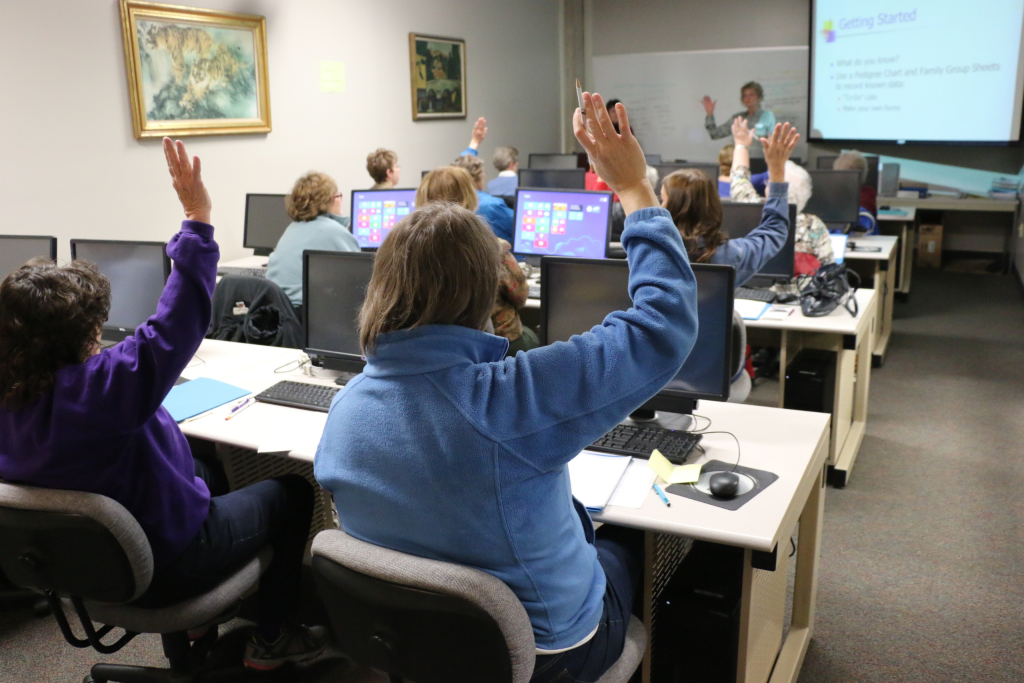
Day 2 of PMVA Training
- Communication skills, verbal + non-verbal
- Conflict Management
- Identifying triggers of assault + assault cycle
- De-escalation techniques
- Chair restraint
- Clothing grabs
- Hair pulls, strangulation, arm locks
- Planned approaches
- Basic supine take-down

Day 3 of PMVA Training
- Practice session on techniques learnt so far
- Turning the patient
- Supine take down + restraint
- Prone take down + restraint
- Role of head person
- Managing legs supine + prone
- IM Medication
- Theory assessment
- Practical Assessment

• SEED HEALTHCARE PMVA TRAINING •
PMVA Training For London
Course Structure
First, candidates complete a short theory Elearning module to gain foundational knowledge. Then, they attend a 3-day practical course to expand their understanding of primary, secondary, and tertiary strategies in dealing with challenging behavior.
Curriculum Highlights
Candidates also receive training in various physical intervention skills. This comprehensive approach equips them with the knowledge and skills needed to effectively respond to challenging behavior within their specific populations and settings.
Practical Application
This course places a strong emphasis on practical application, ensuring that candidates not only acquire theoretical knowledge but also gain hands-on experience in using the strategies and skills taught.
Certification
Candidates receive a Bild ACT Certified training certificate upon successful completion. This certificate is valid for three years, allowing them to work in various facilities. The certification attests to their competence in handling challenging behavior and is recognized nationwide.
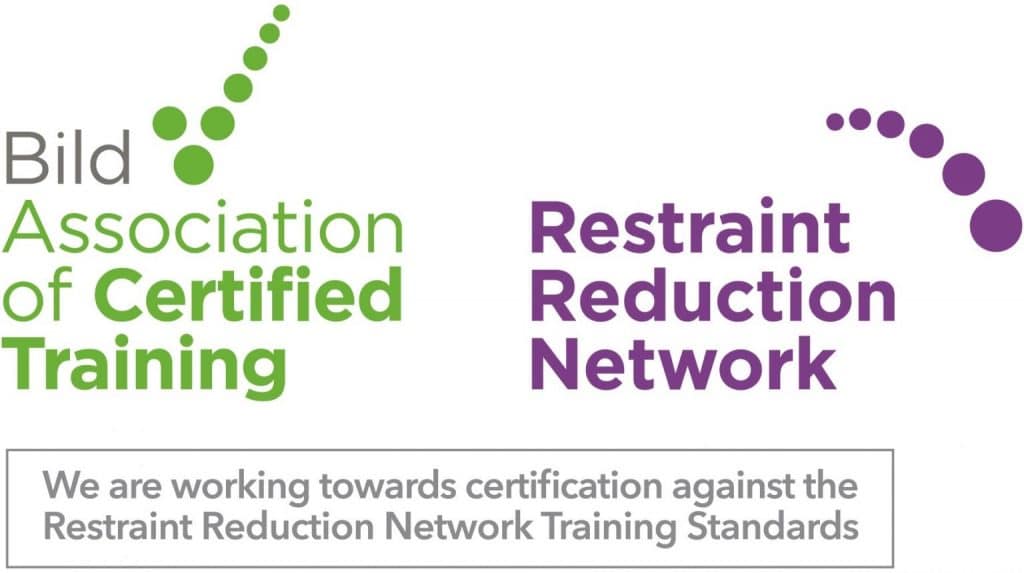



Avalon PMVA London Training Frequently Asked Questions (FAQs)
PMVA Stands for Prevention and Management of Violence and Aggression.
There are no specific requirements for you to attend our PMVA training course. It is however expected that you are working or will work in healthcare, security or related roles that require the knowledge that PMVA offers.
Yes. You would receive an official certificate of completion in PMVA on completion of your training with Avalon Care Training
Each PMVA training block lasts 3 days generally. The course is completed within 3 days.
Yes. You can get a refund if this is requested within 14 days of your booking. Please note that we may deduct administrative charges while processing refunds.
